The PRA has warned that fuel prices could rise sharply, and could even head towards record levels, after president Trump’s decision to terminate the Iran nuclear agreement added to pressures driving up oil prices.
PRA chairman Brian Madderson said: “Tensions in the Middle East were compounded with the news this week that President Trump is taking the US out of the joint US / Russian / European agreement with Iran. This allowed some lifting of economic sanctions in return for closer control over their nuclear programme.
“Together with turmoil in Venezuela, reducing volumes from African producers and a much-reduced global oil inventory, crude oil prices are set to ramp up swiftly.”
Some oil traders are now speculating on Brent Crude moving upwards to a $150 per barrel which would break through peak oil seen in 2008.
At the same time, the Bank of England is suggesting that there are no early plans to increase UK interest rates due to poor economic data, which has resulted in the value of sterling falling relative the dollar, the global petro-currency.
Madderson explained: “The merging of UK fiscal and global oil trading issues has placed great pressure on wholesale costs for retail road fuel as reported by Platts. Average costs have risen by nearly 6.00ppl since Easter and there is no immediate softening in sight.
“Although pump prices have had to rise to reflect such dramatic increases, we are still moving towards 130ppl at the pumps – levels not seen since Autumn 2014 and 30% higher than January 2016.
“This is going to hit motorists hard and add to inflationary pressures across the faltering economy. The worst outlook of above $100 oil could send pump prices towards the record levels of 142ppl for petrol and 148ppl for diesel reached in April 2012.”
RAC fuel spokesman Simon Williams predicted prices at the pumps were likely to rise by at least 2ppl in the next fortnight.
He said oil prices had already increased to $77 per barrel as a result of the decision to pull out of the Iran nuclear agreement., adding: “The last time oil was this expensive was in November 2014 when prices were falling due to OPEC’s decision to oversupply the market.
“Unfortunately, the situation now is very different as supply is being curbed and the pound is far weaker ($1.35 versus $1.57) which makes fuel more expensive as, like oil, it’s traded in dollars. This is potentially a toxic combination for motorists as it will inevitably lead to price rises on the forecourt.
"Drivers are already suffering as last month saw almost 3ppl being added to the average price of petrol and diesel making it the worst monthly fuel price rise since December 2016.
“If another couple of pence per litre goes on as a result of the higher oil price and the fact the pound is at a four-month low, it could take the average cost of a litre of unleaded petrol to 126.5p – a price last seen in October 2014 – which would make filling up a 55-litre family car cost nearly £70.”





















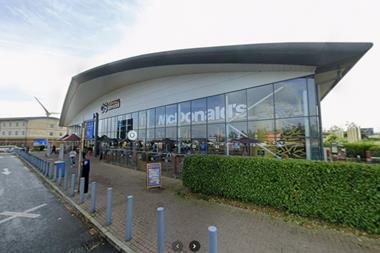
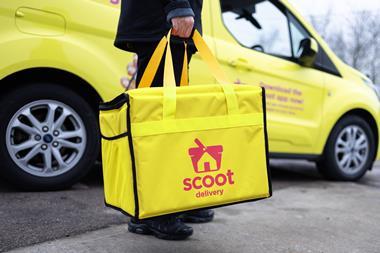





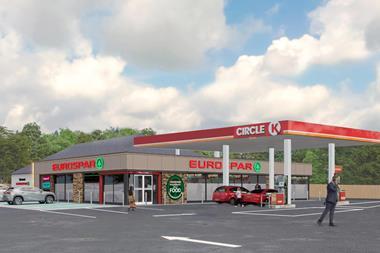
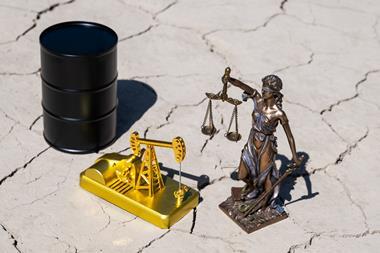


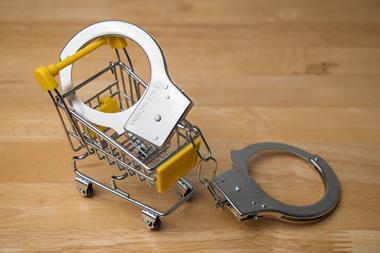
No comments yet